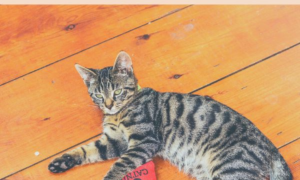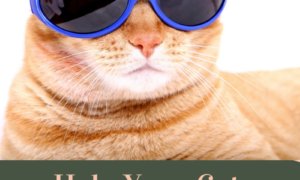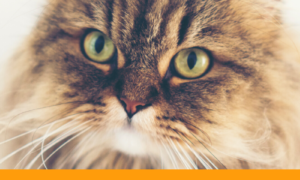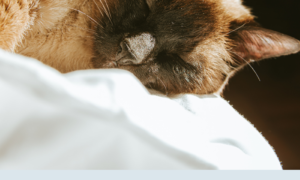 Have you noticed your cat straining or crying when trying to urinate? Has your cat been urinating outside the litter box? If you’ve noticed any of these, your cat may be suffering from a urinary obstruction known as crystalluria, or urinary crystals.
Have you noticed your cat straining or crying when trying to urinate? Has your cat been urinating outside the litter box? If you’ve noticed any of these, your cat may be suffering from a urinary obstruction known as crystalluria, or urinary crystals.
Cats normally pass microscopic crystals in their urine, but when the crystals don’t pass naturally and begin to clump together to form larger crystals, obstructions are the result. The crystals are formed from minerals in the food cats eat. When there are excess amounts of minerals in cat food, they are normally passed through the urine. If a cat has highly concentrated acidic urine, the excess minerals can stick together and large crystals form.
Common risk factors for urinary crystals include a diet especially rich in protein, phosphorous and calcium. High amounts of ash, often found in indoor formula dry food, can also be a risk factor. Males are often more susceptible than females, and certain cat breeds such as Siamese, Persian and Himalayan tend to experience higher degrees of urinary problems.
Stress can also be a risk factor. If a cat is holding urine for a long period because of fear of the litter box, for example, this can lead to crystal formation.
To reduce the risk of your cat getting urinary crystals, it’s important for your cat to have a high amount of water in his diet. One way to increase water consumption is switching to a canned food diet, since canned food has much more water than dry kibble. If switching to an all canned diet isn’t an option, be sure your cat is drinking enough water.
Make sure clean, fresh water is always accessible. Some cats like the option of a water fountain. There are many models of pet water fountains on the market. Another idea is trying different types of water bowls to make the water more attractive, putting them at various locations throughout the house.
Observe your cat to see what he prefers in the way of water dishes and location. If you have questions about the mineral content of your cat’s current food, check with your veterinarian.
Urinary crystals can be life threatening for your cat, but a few changes to his diet can go a long way to prevent this health problem.
Source: Catnip Magazine, December 2013





